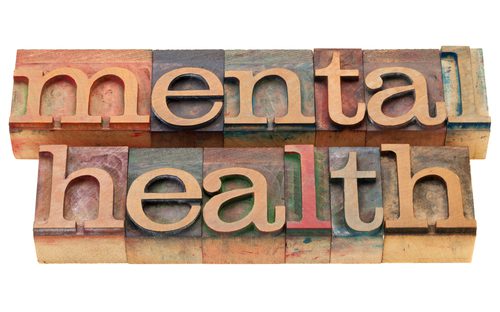
How Do We Fight the Stigma of Mental Illness?
Unfortunately, there is still a stigma when it comes to mental health awareness. Because of the negative attitudes towards those with a mental illness, people tend to look at them like their behaviors are a choice instead of something they cannot help. There are many different ways that you can help fight the stigma in your actions and your words.
It is important to show sensitivity to those with a mental illness just like you would if someone had a physical illness. You can start by being careful with your word choices when you refer to those with a mental illness. For example, do not use words like “nutter,” “lunatic,” “manic,” or “mad” but stay instead “person with a mental health problem.” When someone comes up to you and tells you that they have asthma, you are not going to say to them that it is in their head and that they are overreacting. The same needs to be true for those who tell you they have a mental illness.
You should also stay educated on different mental health issues by going on the Mental Health Foundation website. It also helps to learn about who exactly is impacted by mental illness in the UK by looking at the statistics. For example, according to the Mental Health Foundation, 7.8% in Britain have a combination of anxiety and depression and 4-10% of people in England will experience depression in their lifetime.
You can support organizations that are working to destigmatize mental illness and help populations that are affected such as Mental Health Foundation, Together, Centre for Mental Health, and much more. Campus health center personnel or college RAs can be trained how to recognize when someone on their floor is in distress and how to refer them to care. How to maintain mental health should be discussed more with professional such as the importance of healthy eating and sleeping habits, drinking water, and exercising.
Most importantly, we need to speak more openly about mental illness instead of being ashamed by it. By letting people know what you have, you are letting them know they are not alone and that you can be there for them if they need help. It will open a dialogue of how to treat people with mental illness in the future. We must break the stigma of mental health if conditions and treatments are to improve greatly.






